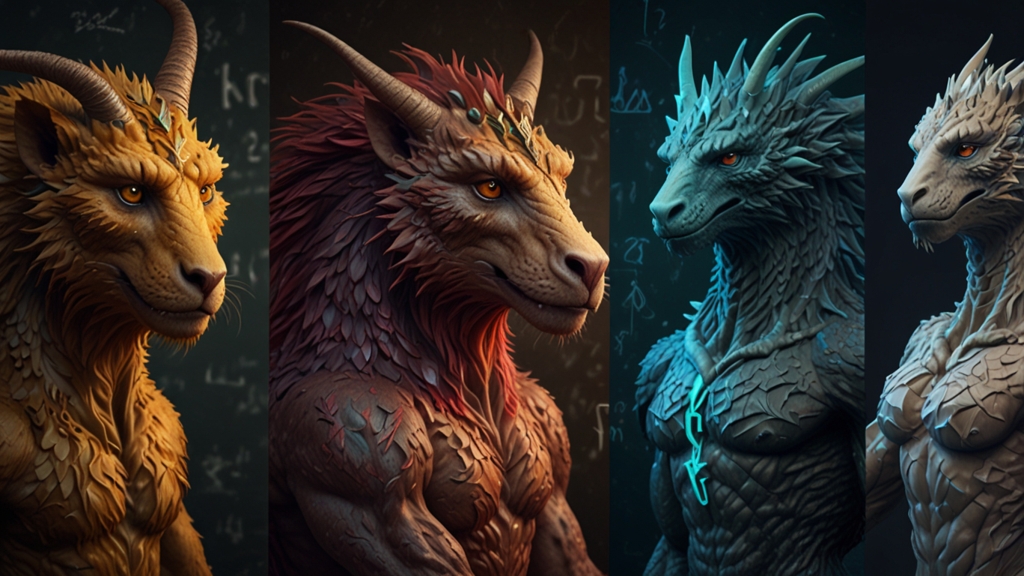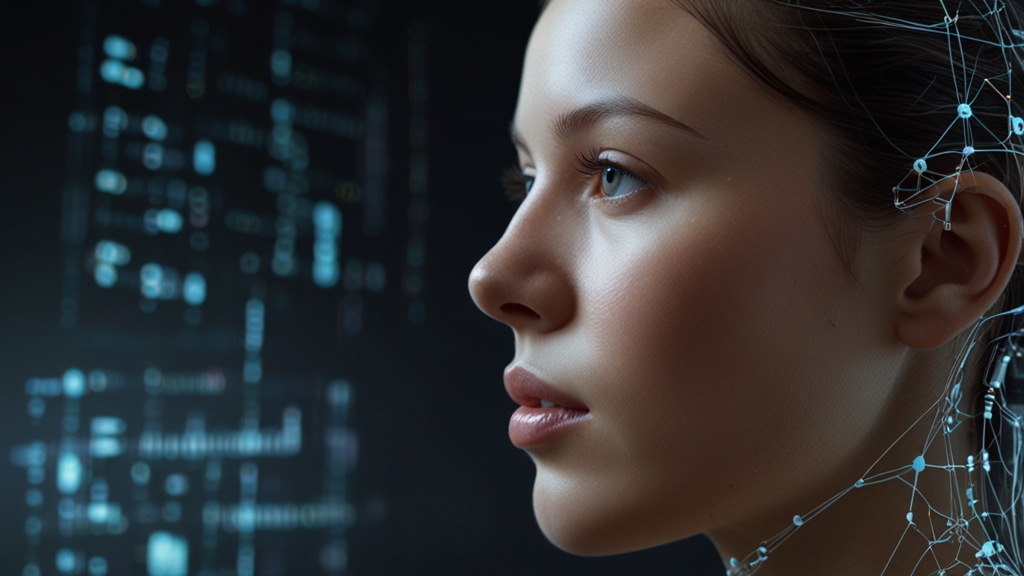Genesis in the Digital Age: How Technology is Changing Our Understanding
The Book of Genesis, one of the most ancient and foundational texts of the Judeo-Christian tradition, has been the subject of theological, literary, and scholarly analysis for centuries. With the advent of modern technology, the ways in which we interact with and interpret these ancient scriptures are undergoing a transformative shift. From digital humanities to interactive educational tools, technology is changing our understanding of Genesis in profound ways.
Digital Humanities and Textual Analysis
Digital humanities is an interdisciplinary field that utilizes computational tools to analyze and interpret texts. When applied to Genesis, digital humanities enables scholars to perform complex textual analysis that would be impossible manually. For instance, lexical analysis tools can now scan the entire text of Genesis to identify patterns, themes, and word frequencies with incredible precision. This allows for a more nuanced understanding of the text and helps scholars unravel its many layers of meaning.
"Technology doesn't replace traditional scholarship but enhances it," says Dr. Mary Smith, a professor of Biblical Studies. "Digital tools allow us to ask new questions and see the text in ways we couldn't before."
Interactive Study Platforms
Another significant advancement is the rise of interactive study platforms. Websites and applications offer features like hyperlinked commentaries, video explanations, and 3D reconstructions of ancient settings. These platforms make Genesis accessible to both scholars and laypeople, providing diverse perspectives that enrich understanding. For example, Bible software programs like Logos or Accordance offer extensive libraries and tools that enable users to delve deeper into the historical and cultural contexts of Genesis.
Moreover, virtual reality (VR) and augmented reality (AR) are being harnessed to create immersive experiences. Imagine embarking on a VR journey through the Garden of Eden or walking in Noah's footsteps as he builds the ark. These experiences can make the ancient narrative come alive, offering a tactile sense of the past that a text alone may struggle to convey.
Open-Source Scholarship and Collaboration
The open-source movement within the digital humanities is fostering unprecedented collaboration among scholars. Digital platforms like GitHub are increasingly being used to share research, transcriptions, and critical apparatuses freely. This democratization of access allows scholars from around the world to contribute to an ongoing, collective understanding of Genesis.
"Scholarly collaboration has never been easier or more impactful," notes Dr. John Doe, an open-source advocate. “These platforms enable us to pool our resources, offering a richer and more inclusive interpretation of these ancient texts.”
Artificial Intelligence and Machine Learning
Artificial intelligence (AI) and machine learning (ML) are also making their mark. AI algorithms can be trained to identify linguistic patterns, classify textual genres, and even propose translations based on massive datasets. While the utility of AI in interpreting religious texts is still in its infancy, its potential is promising. Future applications could include automating the identification of intertextual references within the Bible or even generating new hypotheses about its composition and structure.
While these technologies offer new ways to explore Genesis, they also raise important ethical and interpretative questions. How do we balance technological advancements with the intrinsic spiritual and historical values of the text? How do we ensure that these tools are used responsibly and inclusively?
Conclusion
The integration of modern technology in the study of Genesis is revolutionizing our understanding of this ancient text. Digital humanities, interactive platforms, open-source scholarship, and AI are not just making Genesis more accessible; they are also opening new avenues for interpretation and understanding. As we continue to embrace these technological tools, the challenge will be to use them in ways that respect and enrich the text's profound historical and spiritual significance.






